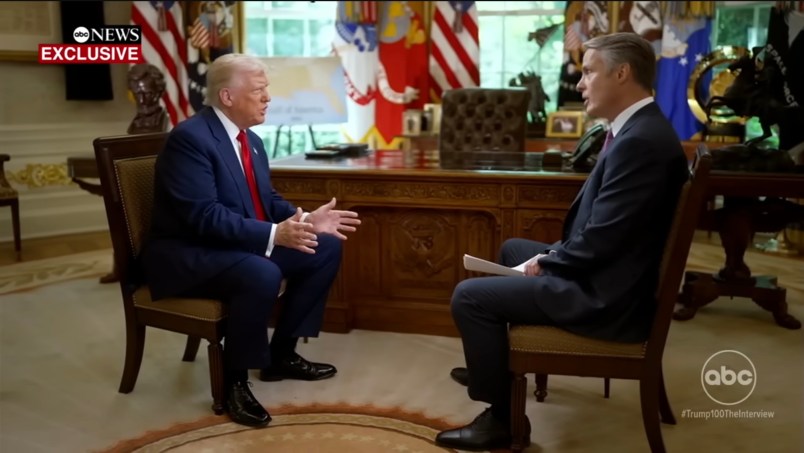Key takeaways:
- The Trump administration faces scrutiny for deporting migrants to a maximum-security prison in El Salvador, using the Alien Enemies Act of 1798, sparking constitutional debates, especially in the case of Kilmar Abrego Garcia.
- Despite a Supreme Court mandate for Abrego Garcia’s release, President Trump refuses to intervene, stating that the decision is not his to make, which has become a focal point of controversy.
- The administration’s use of the Alien Enemies Act raises questions about its relevance today, as critics highlight that many deported individuals have no criminal records, leading to increased scrutiny of the vetting process.
In recent developments, the Trump administration has come under scrutiny following its decision to deport hundreds of migrants to a maximum-security prison in El Salvador. This action, justified by the administration under the Alien Enemies Act of 1798, has sparked a constitutional debate, particularly surrounding the case of Kilmar Abrego Garcia. Homeland Security Secretary Kristi Noem, in an interview with CBS News, emphasized the administration’s focus on targeting individuals deemed as the “worst of the worst” and ensuring that deportations are conducted appropriately.
The deportation of Abrego Garcia, a Salvadoran national, has become a focal point of controversy. Despite a Supreme Court mandate to facilitate his release from the Salvadoran prison, President Trump has publicly stated his refusal to intervene. During a televised interview, Trump acknowledged his ability to retrieve Abrego Garcia but maintained that he would not act on the Supreme Court’s order, citing that the decision was not his to make.
The administration’s reliance on the Alien Enemies Act, a law dating back to 1798, has raised questions about its applicability in the current context. Critics argue that the law, originally intended for times of invasion, is being used to justify the deportation of individuals, many of whom, according to documents reviewed by CBS News, have no criminal records. This has led to increased scrutiny of the vetting process employed by the administration in determining who is deported.
As the situation unfolds, legal experts and human rights advocates continue to debate the implications of the administration’s actions. The case of Kilmar Abrego Garcia serves as a significant example of the broader issues at play, highlighting the tension between executive authority and judicial oversight in matters of immigration and deportation.



Be First to Comment